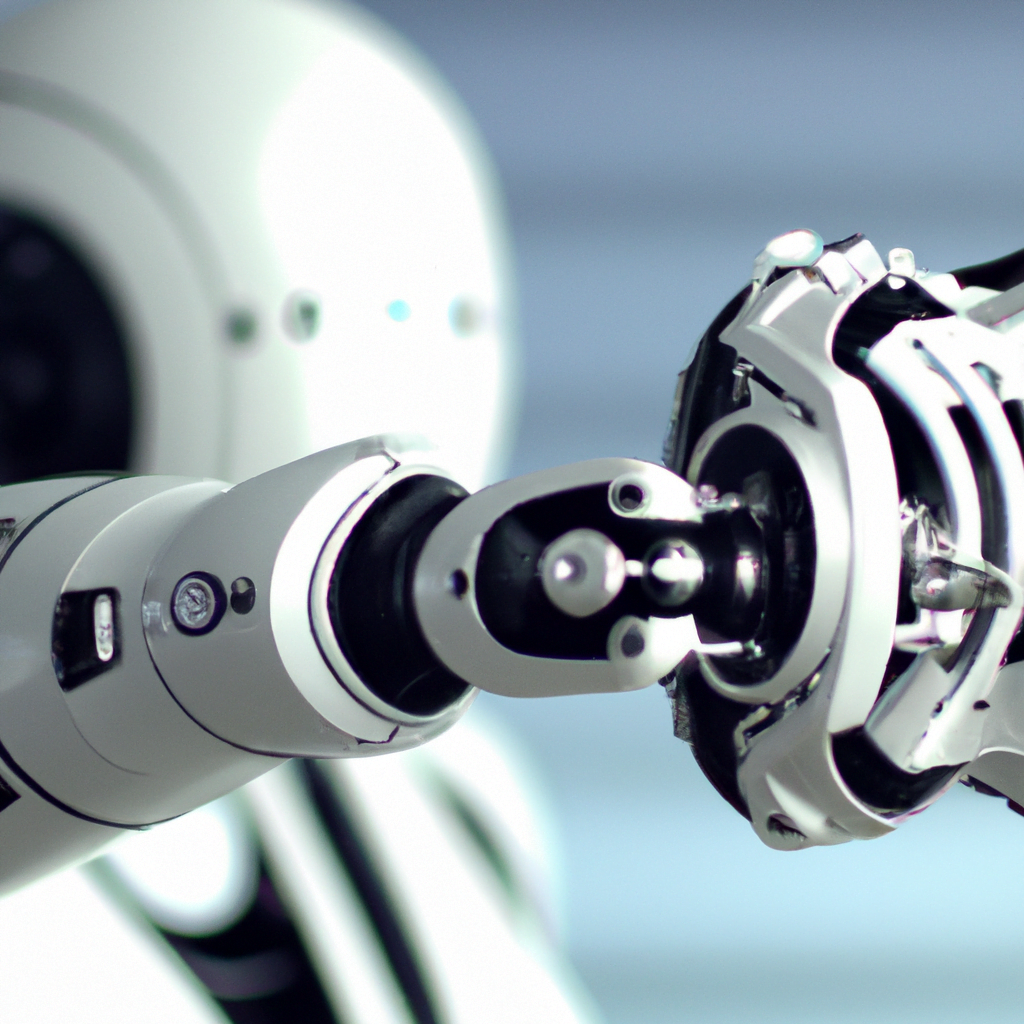The ethics of using AI in educational assessment
As technology continues to evolve, more and more aspects of our lives are being impacted by artificial intelligence (AI). One area where AI is being increasingly used is in education, specifically in educational assessment. But what are the ethical implications of using AI in educational assessment? In this article, we’ll explore some of the key ethical considerations.
What is AI in Education?
First, let’s define what we mean by AI in education. AI refers to computer systems that are designed to perform tasks that typically require human intelligence, such as recognizing patterns, making decisions, and learning from experience. In the context of education, AI is being used in a variety of ways, including to personalize learning, provide feedback to students, and automate assessment.
Benefits of AI in Educational Assessment
One of the main benefits of using AI in educational assessment is that it can be more efficient and accurate than traditional methods. For example, an AI system can grade a large number of essays or multiple-choice questions quickly and consistently, which can save teachers time and provide students with faster feedback. AI can also provide more personalized feedback to students, identifying areas where they need improvement and providing resources to help them improve.

Ethical Considerations
However, there are also ethical considerations to using AI in educational assessment. Here are some of the key issues:
Bias: One of the biggest concerns with using AI in educational assessment is the potential for bias. AI systems are only as unbiased as the data they are trained on, and if that data is biased, the system will be biased as well. For example, if an AI system is trained on data that is skewed towards one particular demographic, it may not be able to accurately assess the performance of students from other demographics.
Privacy: Another ethical concern is privacy. AI systems collect a lot of data on students, including personal information, academic performance, and learning preferences. There is a risk that this data could be misused, either intentionally or unintentionally, by those who have access to it.
Transparency: A related concern is transparency. AI systems can be complex and difficult to understand, which can make it hard for students and teachers to know how decisions are being made. It’s important that AI systems are transparent about how they work, so that students and teachers can have confidence in their results.
Fairness: Finally, there is the issue of fairness. AI systems may be more accurate and efficient than traditional methods, but they may also disadvantage certain students. For example, if an AI system is not able to accurately assess the performance of students from certain demographics, those students may be unfairly penalized.
Conclusion
AI has the potential to revolutionize education, but it’s important to be aware of the ethical considerations involved. As AI continues to be used in educational assessment, it’s important to ensure that it is used in a way that is unbiased, respects privacy, is transparent, and promotes fairness. By doing so, we can ensure that AI is used to benefit all students, regardless of their background or circumstances.




